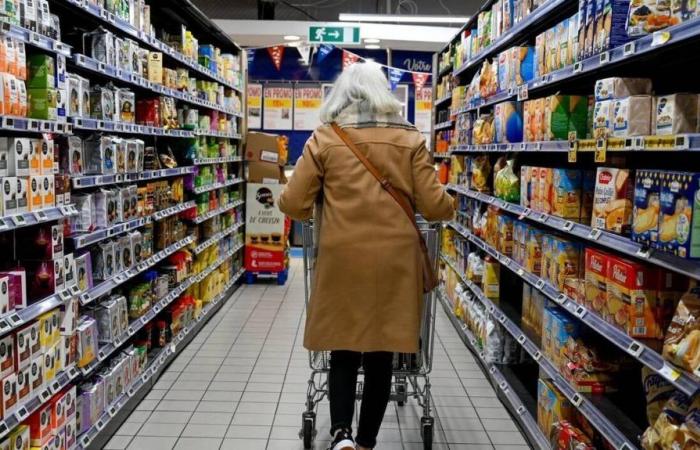On July 1, 2024, a new savings product, the Future Climate Savings Plan (PEAC), will be put in place for young people under 21 to invest in the ecological transition. This is one of the changes that will occur on this date. Here’s everything that changes from Monday.
Increase in gas prices
According to the Energy Regulatory Commission (CRE), the average price of gas will increase by 11.7% in July compared to June. The average level of the reference price will be €129.20 including tax per megawatt hour (MWh) compared to €142.70/MWh in June. Since bills are often presented in KWh, this corresponds to a gas reference price for July of around 13 cents/KWh. The regulator puts things into perspective: even if this price is increasing compared to the month of June (+ 11.7%), it remains 3.5% lower than the average price of January 1, 2024.
Read also: Gas: how much will my bill increase in July?
According to the energy police, the annual bill including tax for a residential customer in an offer indexed to this “benchmark price” would stand at €1,184 at July prices, compared to €1,060 per year in June, and €1,060 per year in June. €227 in January.
After four years of relative stability, the amount of this increase was decided by the CRE to cover network maintenance costs.
Simplification of the ECD
The energy performance diagnosis (DPE), which evaluates the energy performance of a property by classifying it from “A” to “G”, is evolving. The objective? Make the DPE thresholds more equitable for small-sized housing because the latter were until now less well classified than the average, underlines the government website.
This will allow 140,000 homes of less than 40 m² to move out of the energy sieve category (F or G labels), which represents more than 15% of these surfaces, according to data from the Ministry of Ecological Transition. For each accommodation affected by this simplification, it will be possible to generate a certificate of new DPE label.
Launch of the future climate savings plan
Initiated by the green industry law, a new savings product, the future climate savings plan (PEAC), will be open to young people under 21 to invest in the ecological transition, from July 1. According to the decree published in the Official Journal, only one plan can be opened per natural person and “the amount of payments into the future climate savings plan has been limited to €22,950 since the plan was opened”it is notably specified.
Read also: Future climate savings plan: a new investment intended for children
The funds are blocked until the age of majority (18 years), provided that you respect a minimum blocking period of five years (for example, if you open a PEAC at 20 years old, the blocking period will end when you turn 25 ), specifies the website of the Ministry of the Economy and Finance. At the end of the blocking period and until the plan automatically closes at age 30, “you can make partial withdrawals at any time”it is detailed.
Distributed by traditional life insurance players (insurers, bankers, etc.), its return will depend on their investment strategies.
Increase in auto and home insurance
An increase of a few cents. The “attack” tax, which is collected on each car and home insurance contract, will increase by 60 cents from Monday. Its price will increase from €5.90 to €6.50 per year. This increase should make it possible to free up an additional 60 million euros in one year, reports The Parisian .
This contribution helps finance the Guarantee Fund for Victims of Acts of Terrorism and Other Offenses (FGTI), which compensates victims or their beneficiaries of acts of terrorism for bodily injury.
Framing shrinkflation
From July 1, supermarkets will have to inform their customers when products on the shelves have seen their quantity drop without their price decreasing.
All supermarkets of more than 400 square meters in France will be required to affix a label or a poster « visible » et ” legible “ near, or even directly on the packaging, of all products affected by “shrinkflation”, indicates the order from the Ministry of the Economy, published in the Official Journal at the beginning of May.
Concretely, a placard must, for example, be placed near the product when its quantity decreases and its price remains unchanged or increases, details the Ministry of the Economy and Finance. The following statement must be indicated: “For this product, the quantity sold increased from »
Read also: “Shrinkflation” must be clearly displayed in supermarkets from July 1
This information must appear in these physical stores during the two months following the marketing date of the industrial food and non-food products concerned (bottles of soda, packets of rice, laundry detergent or cans, for example), and this, whether these are national brand or private label products.
Bulk or prepackaged foodstuffs whose quantity may vary during preparation, such as those in the delicatessen section of supermarkets, are excluded from the order.






